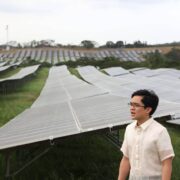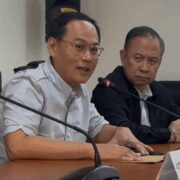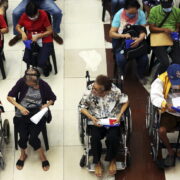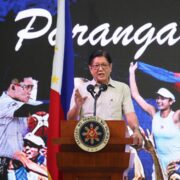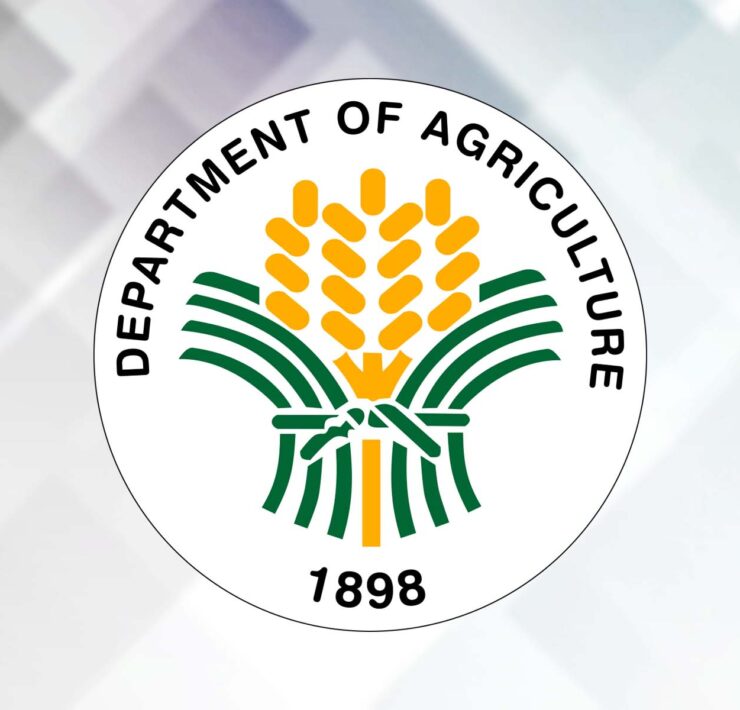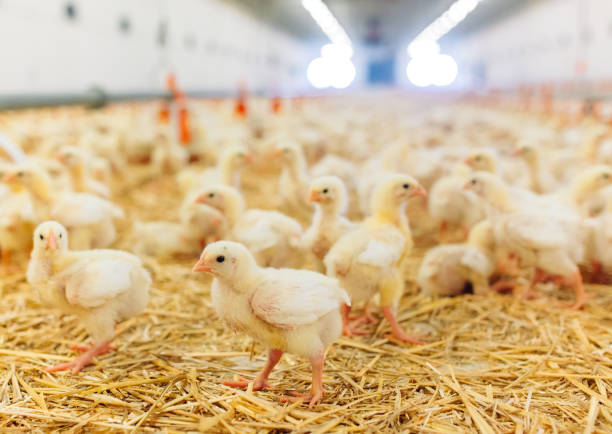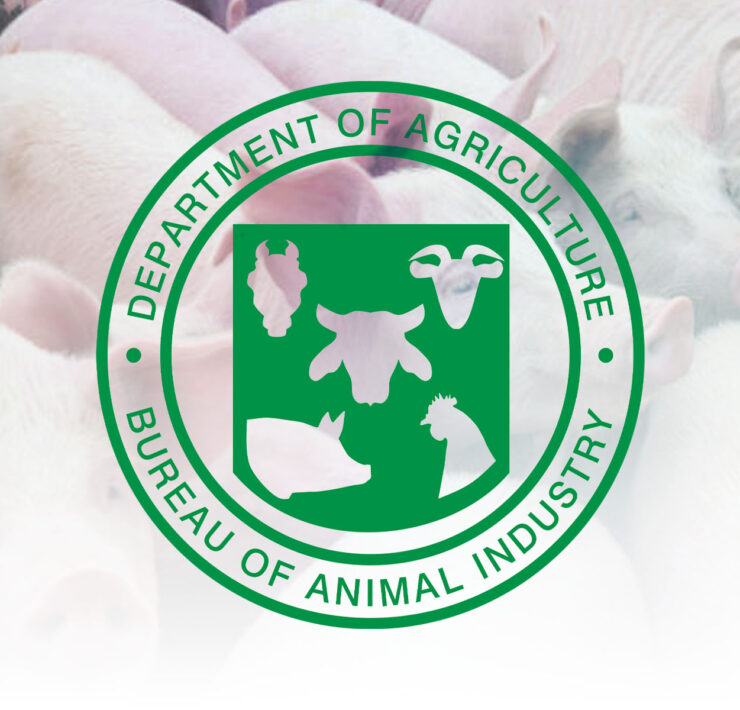Systems, not people, can minimize corruption
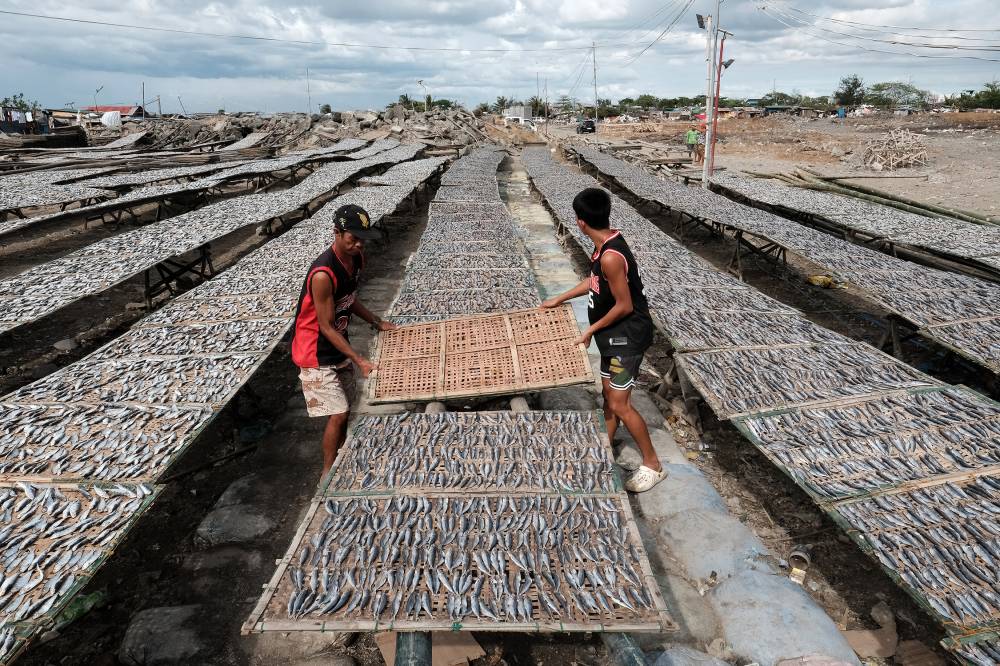
It is systems, rather than people discovering corruption and filing cases, that can best minimize corruption. Though both are helpful, systems are more efficient and effective in fighting corruption. In addition, the corrupt will think twice if they know there are preventive systems in place to catch them.
Last Feb. 12, this became evident when we received an excellent document from the public-private Philippine Council for Agriculture and Fisheries (PCAF).
Entitled “2024 Participatory Marking and Thinking: Consolidated Report,” it describes a system that both catches and prevents waste and corruption. Spearheaded by PCAF’s Juliet Opulencia, Flordeliza Javellana and Guiller Fermin, it emphasizes the essential participation of the private sector in this effort.
Waste and corruption
The AgriFisheries Alliance (AFA) is composed of coalitions from the three sectors of farmers and fisherfolk, agribusiness and science and academe. AFA had previously argued that the Regional Comprehensive Economic Partnership (RCEP) would be detrimental to farmers and fisherfolk unless conditionalities were met. A key conditionality was the proper use of the agriculture budget through private sector monitoring.
They pointed out that the Commission on Audit had reported that the Department of Agriculture (DA) had one-third of its expenses either unliquidated or unexplained for 2019, 2020 and 2021. This fund misuse had to stop, especially if we entered a more free trade regime like RCEP so we could compete.
This private sector monitoring conditionality was approved by the Senate on Feb. 21, 2023. Upon Secretary Francisco Tiu Laurel Jr.’s assumption into office on Nov. 3, 2023, the AFA asked about the government’s sincerity because this conditionality had not been implemented.
Only two months later, on Jan. 24, 2024, Tiu Laurel made this happen. The report states that he “instructed the submission of the updated list of the 2023 completed DA-funded programs/projects” for private sector for monitoring.
This would be done in a system that other departments may wish to consider adopting. It includes: (1) The type of project where the discrepancy occurs; (2) the causes for this discrepancy; (3) the source responsible for the discrepancy; and (4) the area where it occurs.
In all of these, private sector participation is indispensable for transparency and accountability. Otherwise, if the government monitors its own actions by itself, there may be the whitewashing that often occurs.
Causes
Determining the causes for this discrepancy will lead the government to identify conditions that must be required before any grant is given.
Shown in the chart are the major causes for the discrepancies caused by waste and corruption found by the system. It covers the 418 projects that were found to be either underutilized or not utilized, indicating either waste or corruption.
The report defines underutilized as “not being used for their intended purpose or occasionally used.” Not utilized is defined as “not being used by the recipient organization.”
The main problem with government grants is that they are given carelessly with little accountability. Thus, massive waste and corruption sets in.
Considering the chart shown here, the following preconditions should be required: (1) there must be documentation (that is, a memorandum of agreement to ensure accountability); (2) the recipient must agree that the product with its design is what he truly needs, and not decided unilaterally by government; and (3) there must be the appropriate utilization plan and training for effective execution.
Based on the chart, it is obvious that the person responsible for giving the grant did not require these basic elements before the grant was given.
Last Feb. 20, following Tiu Laurel’s emphasis on a systems approach, a PCAF committee recommended a checklist of critical preconditions before a grant is given. It must be signed by the person giving the grant, the recipient and the private sector chair of the Regional Agriculture and Fisheries Council. It is self-correcting systems like this, rather than people looking for discrepancies and filing charges, that can best minimize corruption.
The author is Agriwatch chair, former secretary of presidential flagship programs and projects, and former undersecretary of the Department of Agriculture and the Department of Trade and Industry. Contact is agriwatch_phil@yahoo.com.






